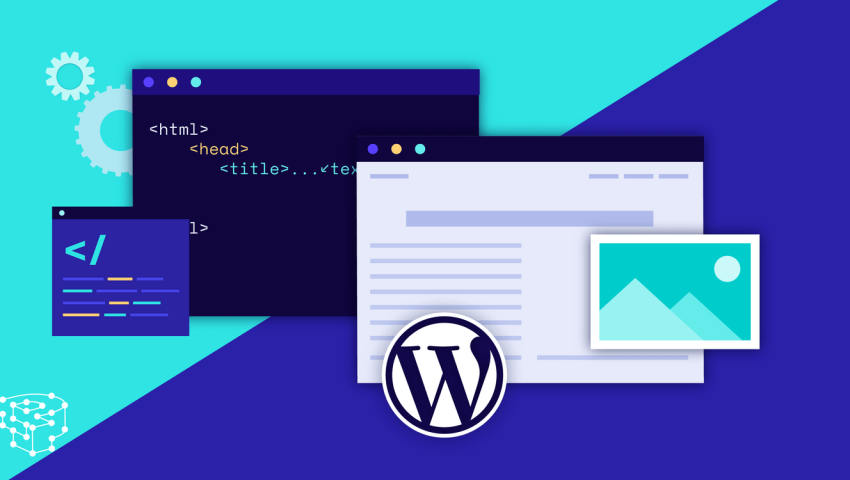
WordPress vs Custom Website Development: What is Best for You
In the digital age, a website is a powerful tool for businesses looking to reach their target audience, increase brand awareness, and generate revenue. However, building a website is no longer a one-size-fits-all approach; companies now have to choose between various platforms, each with distinct advantages and challenges.
Among the most popular choices for building a website are WordPress and Custom Website Development. Choosing the best option for your business depends on many factors, such as budget, technical requirements, scalability, and design preferences. This article provides an in-depth look at both approaches, helping you make an informed decision that aligns with your business goals.
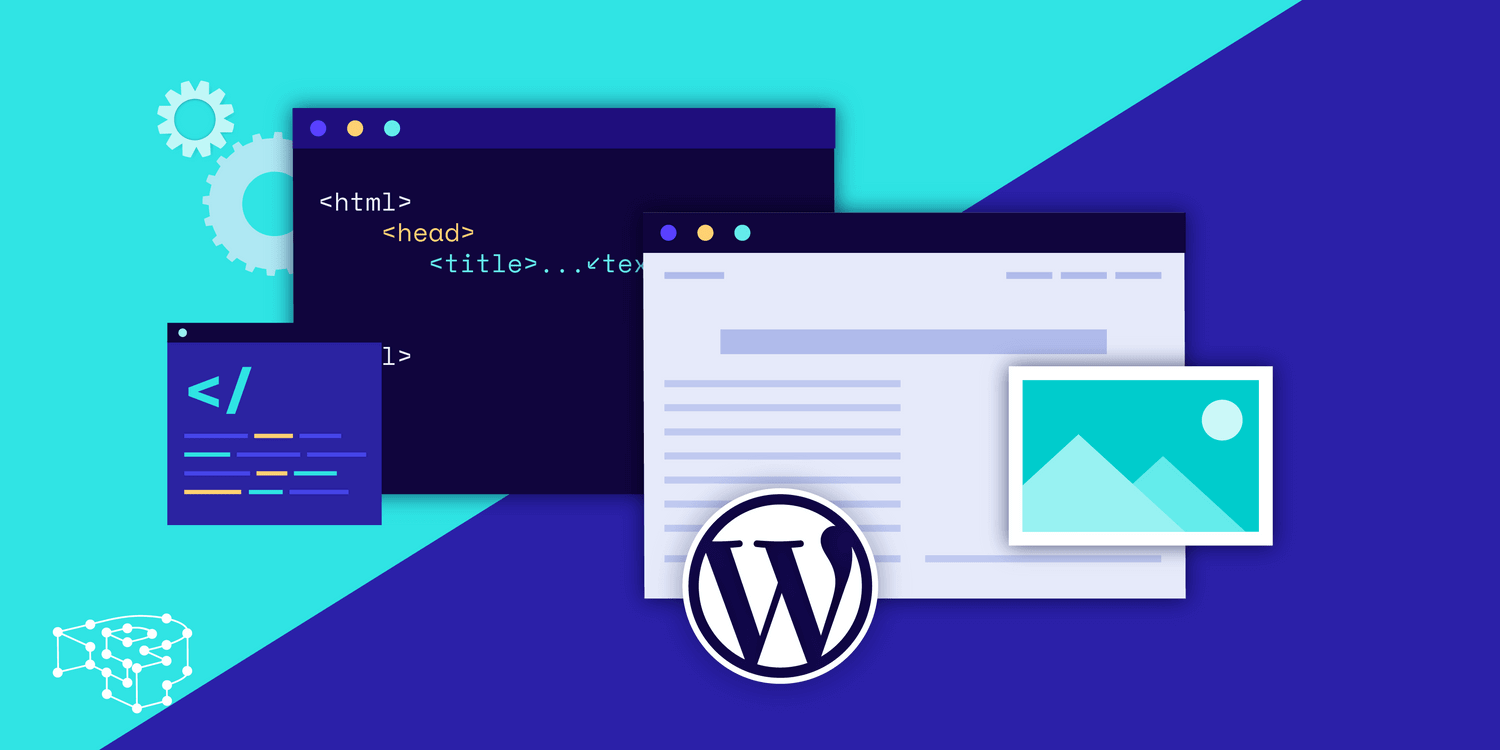
Understanding WordPress
WordPress is an open-source content management system (CMS) that powers over 40% of websites globally. Since its launch in 2003, WordPress has transformed from a simple blogging platform to a versatile, feature-rich website development tool capable of supporting all kinds of websites, from small blogs to large e-commerce stores.
The platform is popular because it simplifies web development, providing a wide range of themes, plugins, and customization options.
Key Advantages of WordPress
- Ease of Use: WordPress’s user-friendly interface requires little technical knowledge, making it accessible for non-developers.
- Scalability: WordPress is highly scalable, with plugins that can add functionalities as a business grows.
- Cost-Effective: The platform itself is free, and many themes and plugins are either free or affordable.
- SEO-Friendly: With plugins like Yoast SEO, WordPress makes it easy to optimize websites for search engines.
- Community Support: A large, active community provides support, tutorials, and constant updates, keeping WordPress current and secure.
Key Disadvantages of WordPress
- Limited Customization: While flexible, WordPress cannot match the level of customization a fully tailored website offers.
- Security Concerns: WordPress websites can be vulnerable to cyber-attacks if not properly managed, as their popularity makes them frequent targets.
- Plugin Dependency: Websites built on WordPress often rely heavily on third-party plugins, which may not always be optimized, updated, or secure.
- Maintenance: WordPress websites require regular updates to themes, plugins, and core files to function securely and efficiently.
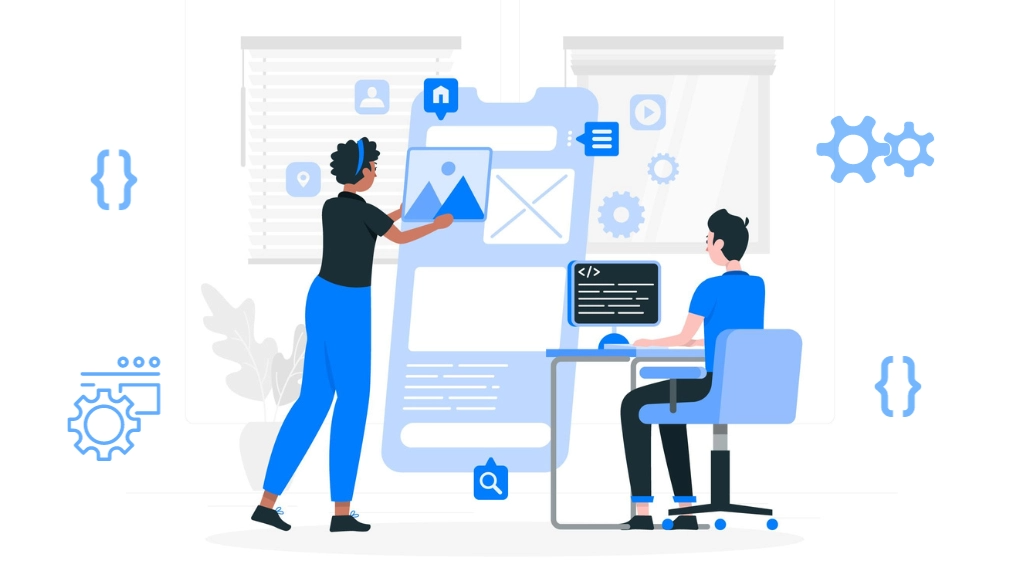
Understanding Custom Web Development
Custom website development refers to building a website from scratch with unique features and functionalities, specifically tailored to meet the requirements of a business. Custom development can be done with different programming languages and frameworks, such as HTML, CSS, JavaScript, PHP, and frameworks like Laravel or Django.
Custom-built websites offer full control over the design and functionality, allowing a business to create a site that is truly one-of-a-kind.
Key Advantages of Custom Development
- Complete Customization: Custom websites offer unparalleled customization, with every aspect of design and functionality tailored to specific business needs.
- Enhanced Performance: Built without unnecessary features or plugins, custom websites often perform faster and more efficiently.
- High-Level Security: Custom websites are generally more secure because they don’t rely on pre-made plugins or themes, reducing the risk of common vulnerabilities.
- Scalability: Custom websites can be built to scale, allowing developers to add features or handle increased traffic without affecting performance.
- Unique Branding: Custom design allows businesses to create a site that perfectly aligns with their branding and offers a unique user experience.
Key Disadvantages of Custom Development
- Costly: Custom websites require professional developers and are generally more expensive than WordPress websites.
- Time-Intensive: Building a custom website takes longer, as it involves writing code from scratch, testing, and deploying.
- Complex Maintenance: Custom websites may require dedicated developers for regular updates, bug fixes, and new feature integrations.
- Technical Expertise Required: To make changes or updates, businesses often need technical expertise, making it harder to manage than WordPress for non-technical users.
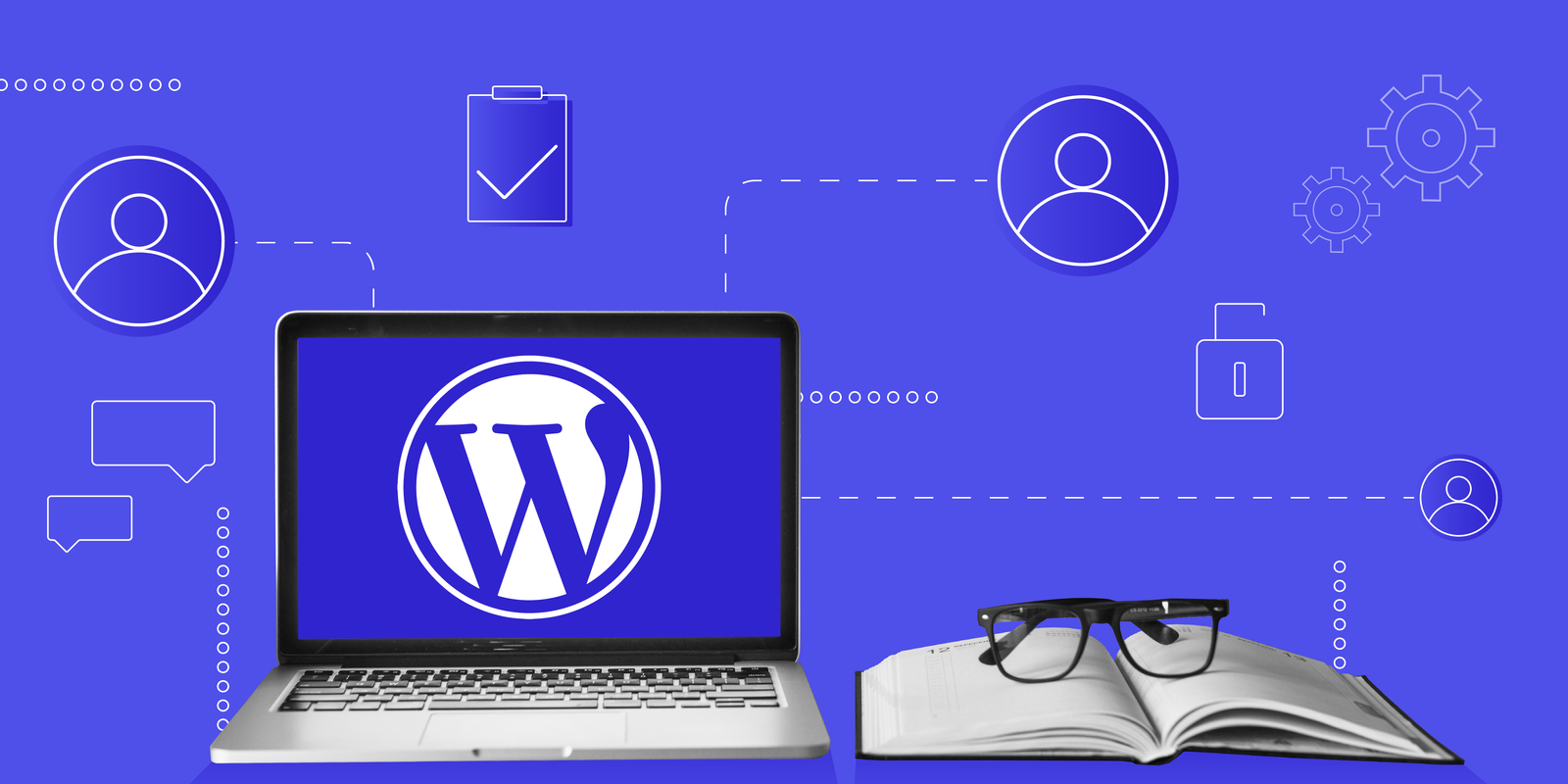
WordPress vs. Custom Website: Which is Better?
The decision between WordPress and custom website development should align with your business’s specific needs. Here, we break down the major factors that can influence this choice.
Budget
- WordPress: Affordable, with free options for themes and plugins. Great for startups and small businesses with limited budgets.
- Custom Development: Generally more expensive due to the need for professional developers and design work. Better suited for companies willing to invest in a long-term digital strategy.
Time Constraints
- WordPress: Ideal for projects with short timelines, as a website can be launched within days using a pre-made theme.
- Custom Development: Time-intensive, with projects often taking weeks or months. Best for businesses that can afford to wait for a fully tailored solution.
Design Flexibility
- WordPress: Limited by available themes and templates, although customization options exist with premium themes.
- Custom Development: Offers complete control over design, allowing for a unique, brand-aligned website.
SEO and Marketing
- WordPress: Comes with built-in SEO tools and plugins, making it easier for non-technical users to optimize content.
- Custom Development: SEO strategies can be implemented directly within the code, offering a more robust solution but may require technical SEO expertise.
Scalability
- WordPress: Scalable to an extent, but may slow down or encounter issues with excessive plugins as the business grows.
- Custom Development: Scales efficiently, as features can be added as needed without affecting performance.
Maintenance and Support
- WordPress: Requires regular updates for security and functionality. Support is available through the community and third-party developers.
- Custom Development: Requires specialized support, often needing a dedicated developer to handle updates and changes.
Comparison Table
| Factor | WordPress | Custom Development |
|---|---|---|
| Cost | Lower initial cost, ongoing costs for themes, plugins, and hosting | Higher initial cost, potential long-term savings due to fewer redesigns and maintenance needs |
| Ease of Use | User-friendly, no coding required | Requires technical expertise |
| Customization | Limited to themes and plugins | Complete control over design and functionality |
| Scalability | Scalable with plugins and themes | Highly scalable, tailored to business needs |
| Development Time | Quick setup and launch | Longer development time |
| Maintenance | Regular updates and security patches | Requires ongoing maintenance and updates |
| SEO | Built-in SEO features | Custom SEO optimization |
| Security | Vulnerable to attacks due to popularity | Enhanced security with custom solutions |
Which Option is Better for Your Business?
To determine whether WordPress or custom development is better suited for your business, consider the following:
- Budget: If you are working within a limited budget, WordPress is likely the more practical choice. Its affordable setup allows businesses to launch quickly without high upfront costs.
- Timeline: If time is of the essence, WordPress offers a faster turnaround. Custom development, while time-consuming, can be an excellent option if your project has a flexible timeline.
- Long-Term Goals: If you envision needing a highly customized, scalable platform with unique functionalities, custom development may provide the necessary infrastructure for future growth.
- Ease of Use: WordPress is ideal if you want to manage the website with minimal technical skills. Custom development, however, often requires ongoing support from a developer or agency.
- Brand Identity: If brand differentiation is a priority, custom development allows for unique design elements and features tailored to your business’s identity.
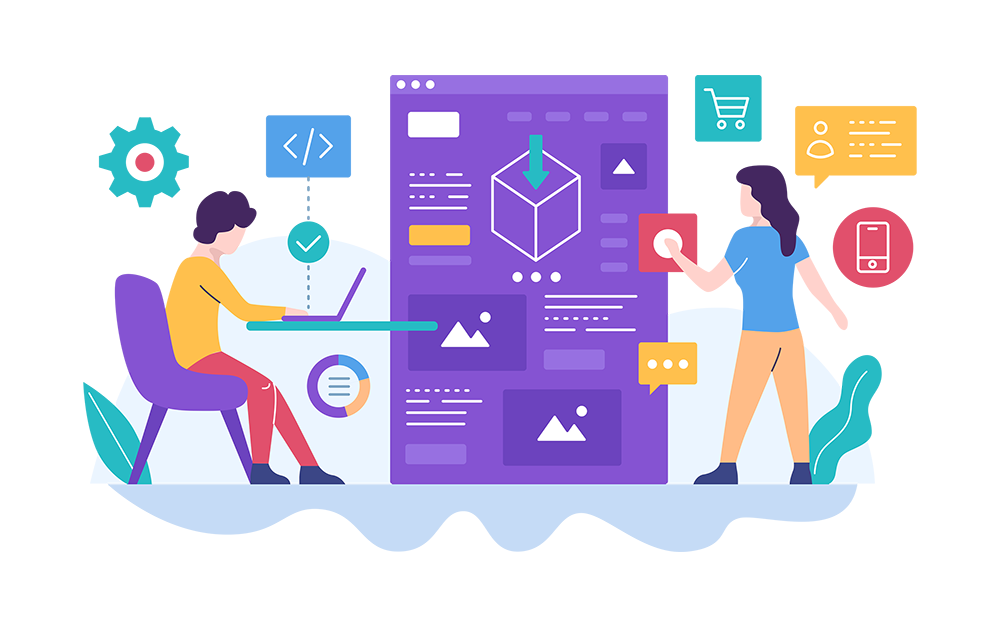
Choosing the Ideal Web Platform
Both WordPress and custom website development have their merits, and the best choice depends on your business’s specific needs, budget, and long-term goals. WordPress offers a cost-effective, user-friendly solution that’s easy to scale for small to medium-sized businesses. It is perfect for those needing a quick setup and flexibility without heavy investment.
Custom website development, on the other hand, provides unparalleled control over design, security, and functionality, making it ideal for enterprises or businesses with unique requirements that seek to stand out in their industry.
In summary, WordPress is best for companies with limited resources or smaller operations needing efficiency and adaptability. For larger businesses with complex requirements or those looking to create a unique, scalable online experience, custom development is often worth the additional investment.
Whatever your choice, remember that a well-crafted website—whether built with WordPress or through custom development—will become one of your most valuable assets in the digital landscape.

Amilma Digital
Creative Digital Agency from Bosnia and Herzegovina
Leave a comment
Your email address will not be published. Required fields are marked *
